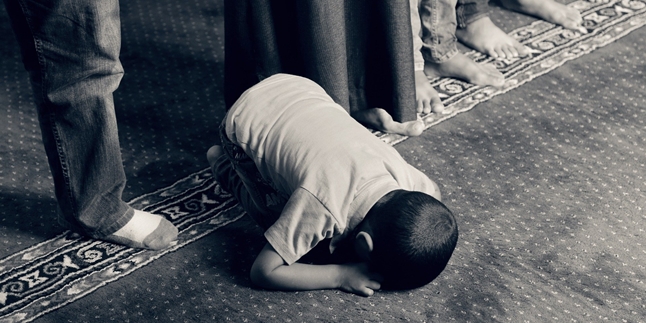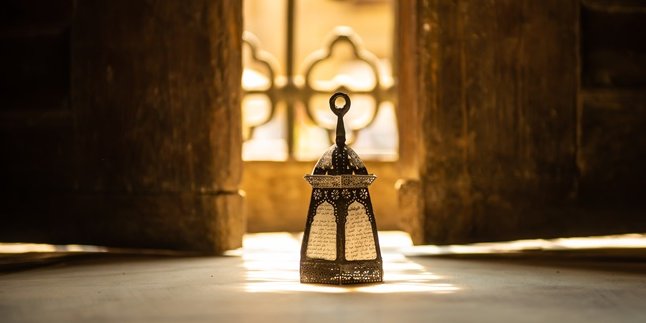Kapanlagi.com - In carrying out activities in the month of Ramadan, in addition to fasting, it is good for us to also carry out other activities such as sunnah prayers. There are several sunnah prayers that are good to be performed during the fasting month and have many benefits. In addition, performing sunnah prayers will also earn more rewards if we do it with a sincere heart.
-----------------------
Ramadan News: Want to Break Fasting Accompanied by Artists?
Join KapanLagi Buka Bareng, an online iftar event with Jirayut and Rara LIDA on May 9th. There will also be Chef Norman, Danilla, and Adhitia Sofyan. How? Register first here, and fill in your personal data. Everything is FREE. Read the complete guide here.
Register now. If not now, when?
-----------------------
ALSO READ : Prayers When Fasting and Breaking the Fast Complete with Meaning
Especially when it is done during the blessed month of Ramadan. Therefore, according to various sources, here are 7 recommended sunnah prayers to be performed during the month of Ramadan that you must know.
1. Tahajud Prayer
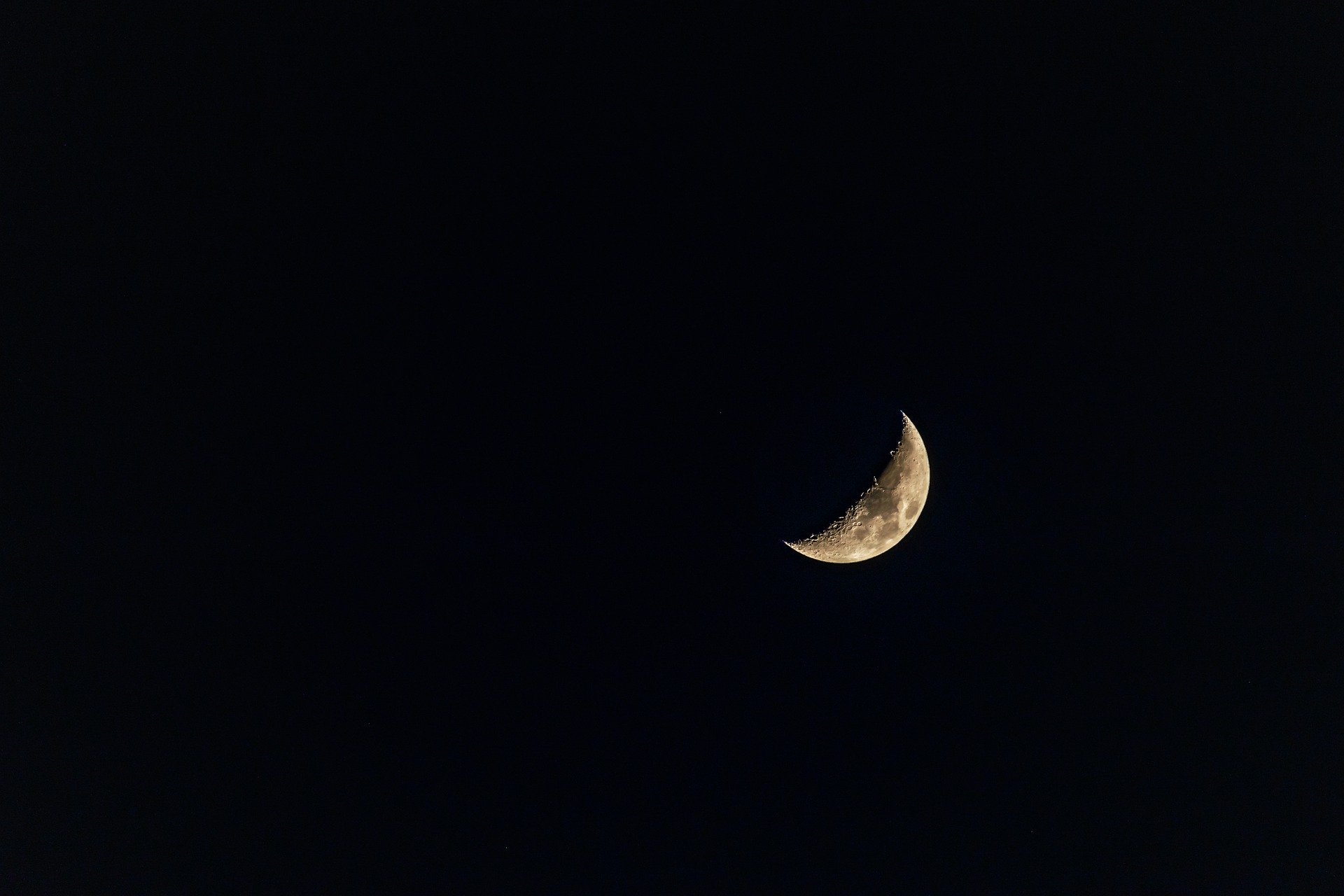
credit: Pixabay
Tahajud prayer is a voluntary prayer performed at night or one-third of the night after waking up from sleep. Tahajud prayer is included in the recommended voluntary prayer, but it is very important to perform, so it is highly recommended not to neglect it, like the Eid prayer, the Witr voluntary prayer, and the voluntary prayer of Tawaf. The minimum number of rak'ahs in Tahajud prayer is 2 rak'ahs and can be performed continuously without limits according to our abilities.
Tahajud prayer can be performed at any time during the night, but it is best to perform it during the one-third of the night, which is from 1 am until before the dawn prayer adhan. However, we can also perform Tahajud prayer at 10 pm, which is after the Isha prayer until 1 am. What obligates us to perform Tahajud prayer is to sleep before performing Tahajud prayer, even if only for 15 minutes.
Tahajud prayer has its own special benefits for those who perform it, such as health, forgiveness of sins, avoiding loneliness in the grave, fragrant body odor, giving light to the face, guaranteeing livelihood, safety and pleasure in this world and the hereafter, gaining the attention and love of Allah SWT and also His paradise. And it can provide ease in this world and the hereafter.
That is why Tahajud prayer should be performed, especially during the fasting month, as the blessings will be felt and obtained after we diligently perform the Tahajud prayer. You can perform the Tahajud prayer before suhoor, and it does not take a long time to perform it.
2. Dhuha Prayer
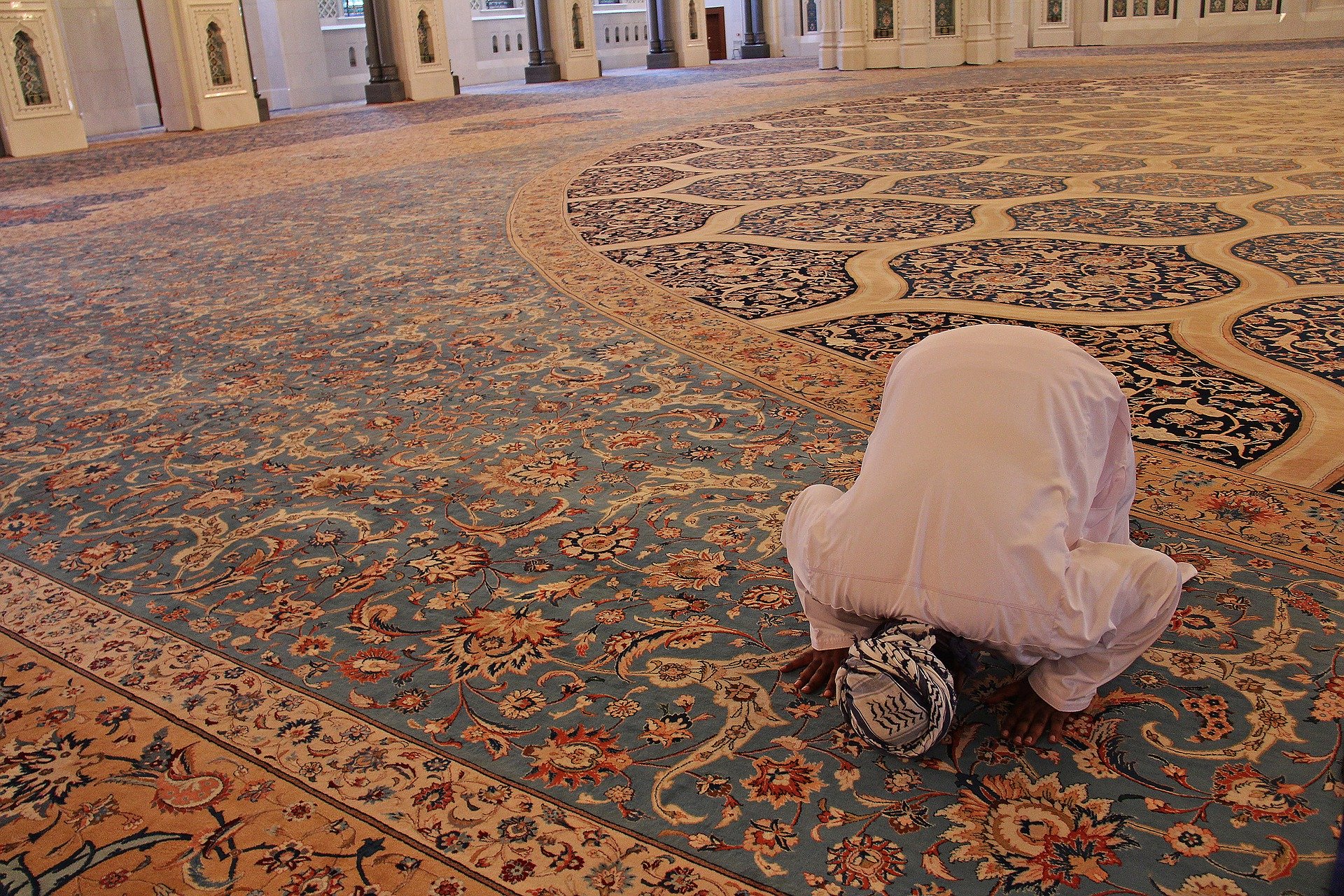
credit: Pixabay
Next, a good sunnah prayer to perform during the month of Ramadan is the dhuha prayer. The meaning of dhuha prayer itself is a prayer that is performed at the time of dhuha, when the sun begins to rise around seven in the morning until noon. In performing the dhuha prayer, the minimum number of rak'ahs to be performed is 2 rak'ahs with 1 salutation. Like other sunnah prayers, the dhuha prayer also has many benefits for those who perform it.
Some of these benefits include relieving the heart in all matters, especially in terms of sustenance. In addition, the dhuha prayer can also ward off stress that may arise in daily activities. In H.R. Tirmidhi and Abu Majah, it is explained that whoever performs 12 rak'ahs of dhuha prayer, Allah will build a palace for them in heaven. Then there is H.R Tirmidhi who explains that whoever regularly performs the dhuha prayer, their sins will be forgiven by Allah, even if the sins are as abundant as foam in the ocean.
And there are still many other benefits of the dhuha prayer that we can experience. It will be even better if we perform it during the month of Ramadan, a month that provides many more blessings for Muslims worldwide.
3. Tasbih Prayer
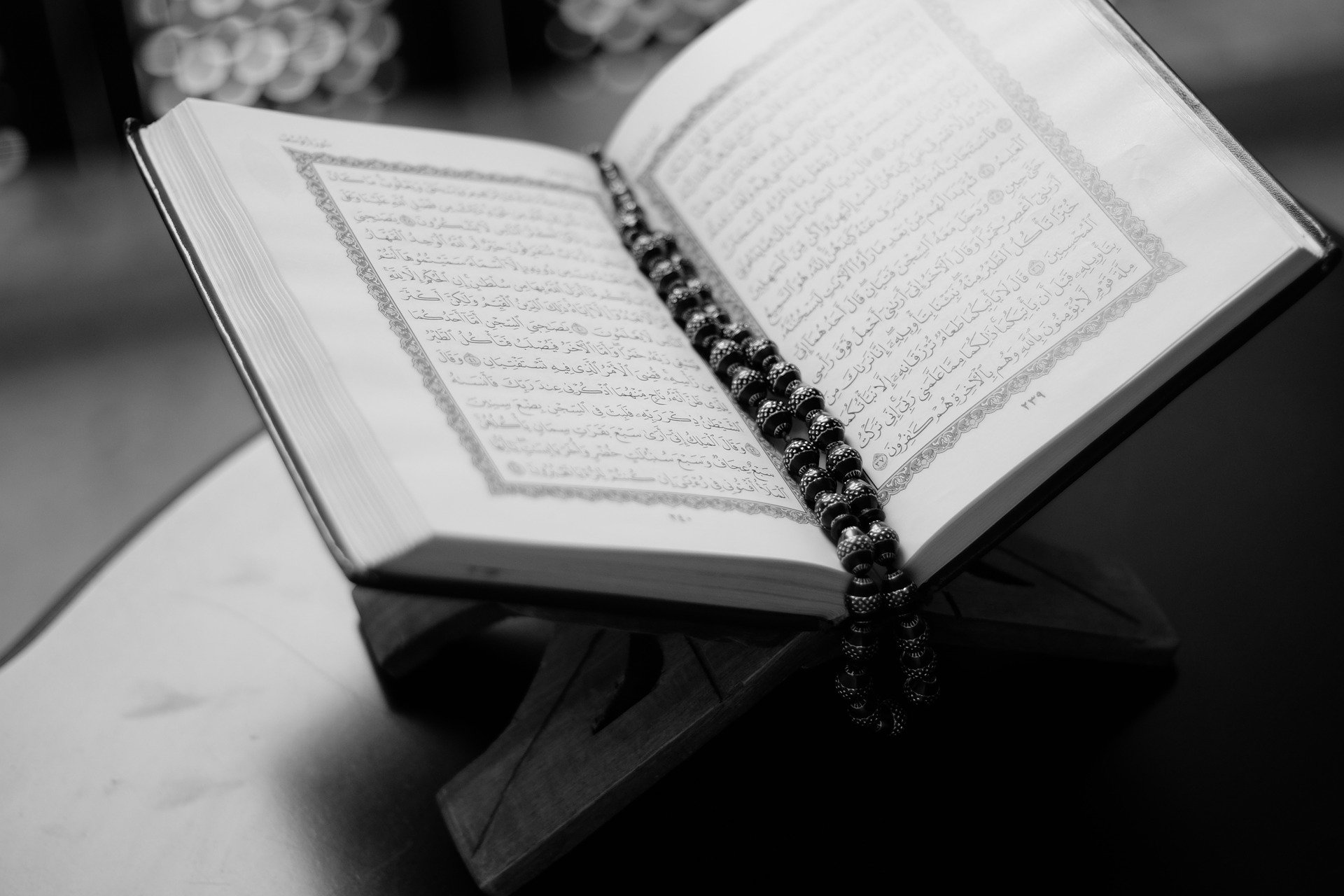
credit: Pixabay
Tasbih prayer is a recommended prayer to be performed during the month of Ramadan. Tasbih prayer involves reciting the tasbih (glorification of Allah) 300 times during the prayer. It consists of 4 rak'ahs (units of prayer) with one salutation during daytime, and 4 rak'ahs with two salutations during nighttime. The benefits of this recommended tasbih prayer include keeping us away from wicked deeds and forgiving all of our past, present, and future sins, even if they are as numerous as the foam in the ocean.
We can perform the tasbih prayer every day, or if unable, once a week. If still unable, it can be performed once a year, or if truly unable, at least once in a lifetime. There are numerous benefits and virtues of tasbih prayer, as by reciting tasbih, we witness and acknowledge the greatness and power of Allah SWT in everything. That is why performing tasbih prayer is highly recommended during the month of Ramadan. It not only brings multiplied blessings but also grants multiplied forgiveness for sins.
4. Qabliyah Prayer and Ba'diyah Prayer
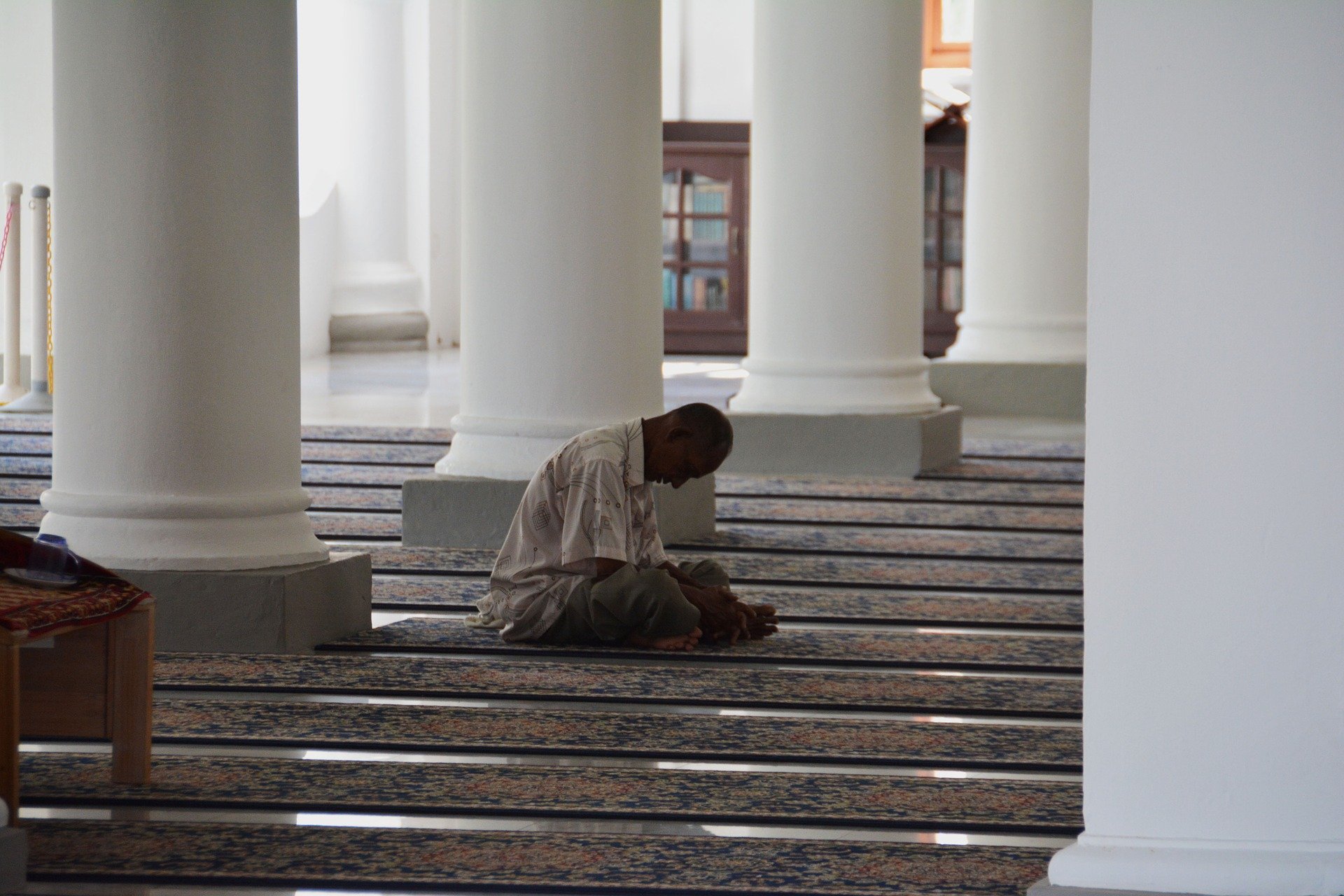
credit: Pixabay
Qabliyah prayer and Ba'diyah prayer, or also known as Rawatib prayer, are recommended voluntary prayers to be performed during the month of Ramadan. Rawatib prayer is a voluntary prayer performed before or after the five obligatory prayers. The purpose of Qabliyah prayer and Ba'diyah prayer is that Qabliyah is performed before performing the obligatory prayers, while Ba'diyah is performed after performing the obligatory prayers.
Qabliyah prayer and Ba'diyah prayer, or also known as Rawatib prayer, have different numbers of rak'ahs depending on which obligatory prayer is being performed. Here are the number of rak'ahs for Rawatib prayer:
Fajr: Qabliyah 2 rak'ahs
Dhuhr: Qabliyah 4 rak'ahs and Ba'diyah 2 rak'ahs
Asr: None
Maghrib: Ba'diyah 2 rak'ahs
Isha: Ba'diyah 2 rak'ahs
The benefits of performing the voluntary Rawatib prayer include perfecting the obligatory prayers, receiving mercy from Allah SWT, being saved from the punishment of Hellfire, and being granted a palace in Paradise. Additionally, abundant rewards can be obtained by performing these prayers during the month of Ramadan.
5. Tarawih Prayer
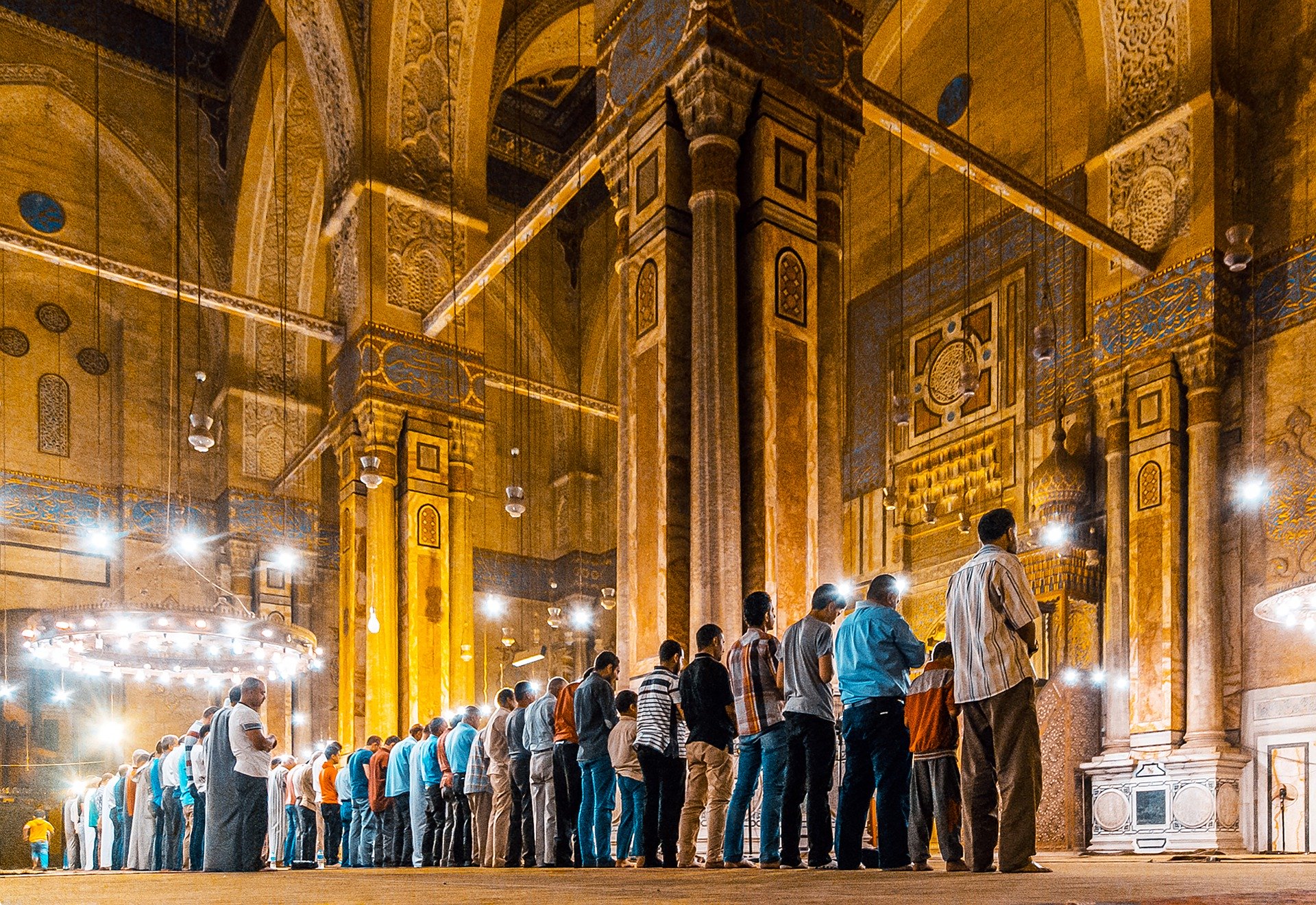
credit: Pixabay
Furthermore, the recommended voluntary prayer to be performed during the month of Ramadan is the Tarawih prayer. We know that the special feature of the month of Ramadan is to perform the Tarawih prayer in congregation. Tarawih prayer is interpreted as a brief moment of rest, which is performed after the Isha prayer and done in congregation. There are many differences of opinion in determining the number of units (rakaat) to be performed in the Tarawih prayer. According to Imam Malik bin Anas, Imam Abu Hanifah, Imam Asy Syafi'i, and Imam Ahmad bin Hambal, the most virtuous Tarawih prayer consists of 20 units. However, despite that, there are also those who believe that the Tarawih prayer should consist of 36 units.
There are also those who only perform 8 units, although the differences that occur regarding the number of units in the Tarawih prayer are mainly due to differences in interpreting the hadith. This is because there is no clear hadith from the Prophet Muhammad (peace be upon him) that explicitly states the number of units in the Tarawih prayer.
6. Prayer of Repentance
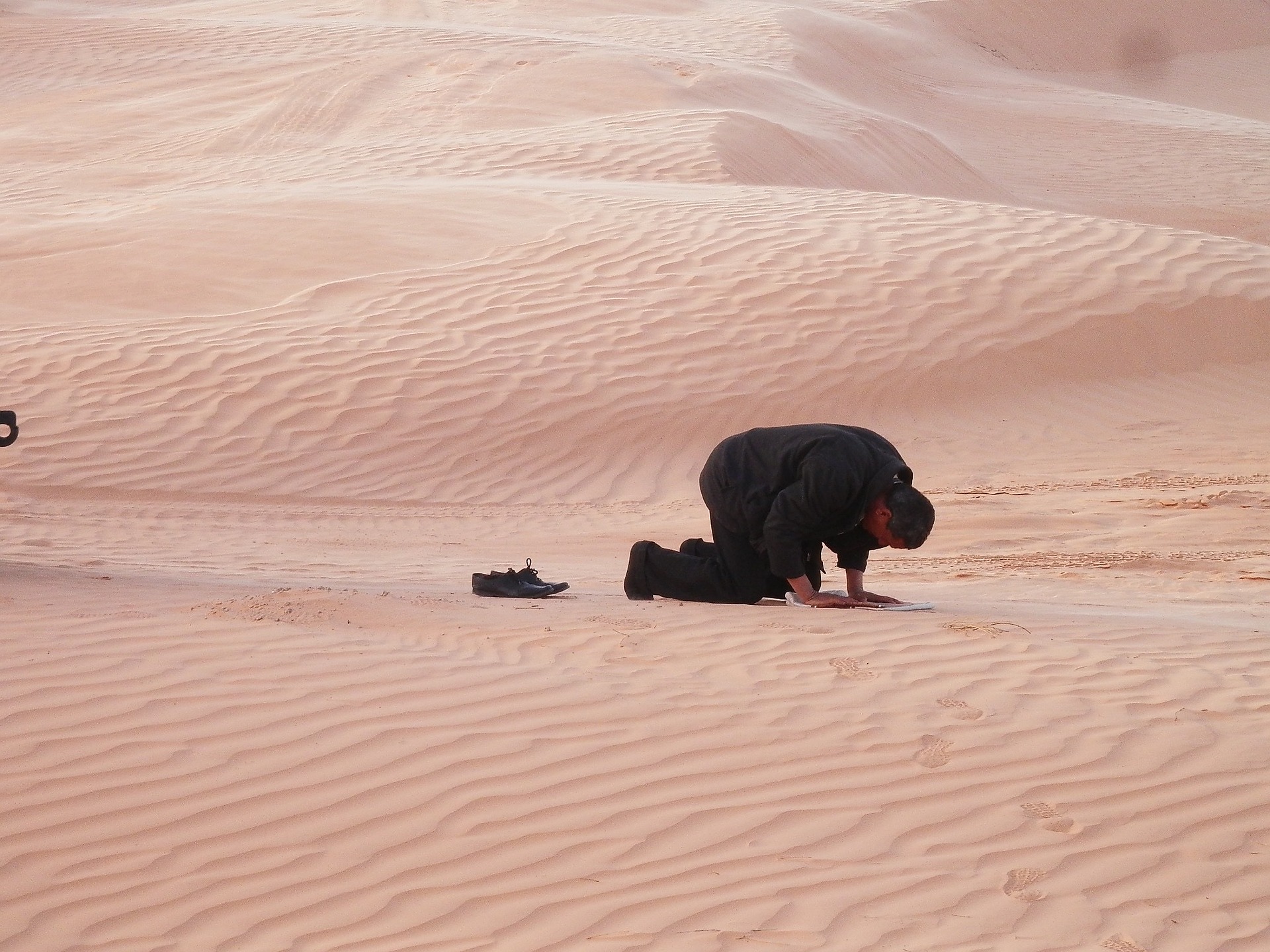
credit: Pixabay
The prayer of repentance is a two-rak'ah voluntary prayer performed by a Muslim who wants to repent for the mistakes they have made. Repentance is something that must be done immediately and should not be delayed. Therefore, performing the voluntary prayer of repentance during the month of Ramadan will receive more blessings compared to regular days.
The prayer of repentance is an absolute prayer, therefore it can be performed at any time. However, there are times when it is prohibited to perform the prayer of repentance or any other absolute voluntary prayer. The prohibited times are as follows:
- After the morning prayer until the sun has completely risen and it is time for the voluntary prayer of duha.
- Then between the time of the midday prayer, from 11:30 AM to 12:00 PM.
- And when the sun is setting until it has completely set, between 5:30 PM and 6:00 PM.
Other than those times, you can perform it. The prayer of repentance is also called the prayer of seeking forgiveness or the prayer of asking for forgiveness. When one has performed the correct prayer of repentance, a Muslim should not be able to repeat the previous sins or transgressions. Therefore, in this holy month, we can perform the voluntary prayer of repentance and seek forgiveness from Allah SWT.
7. Sholat Hajat
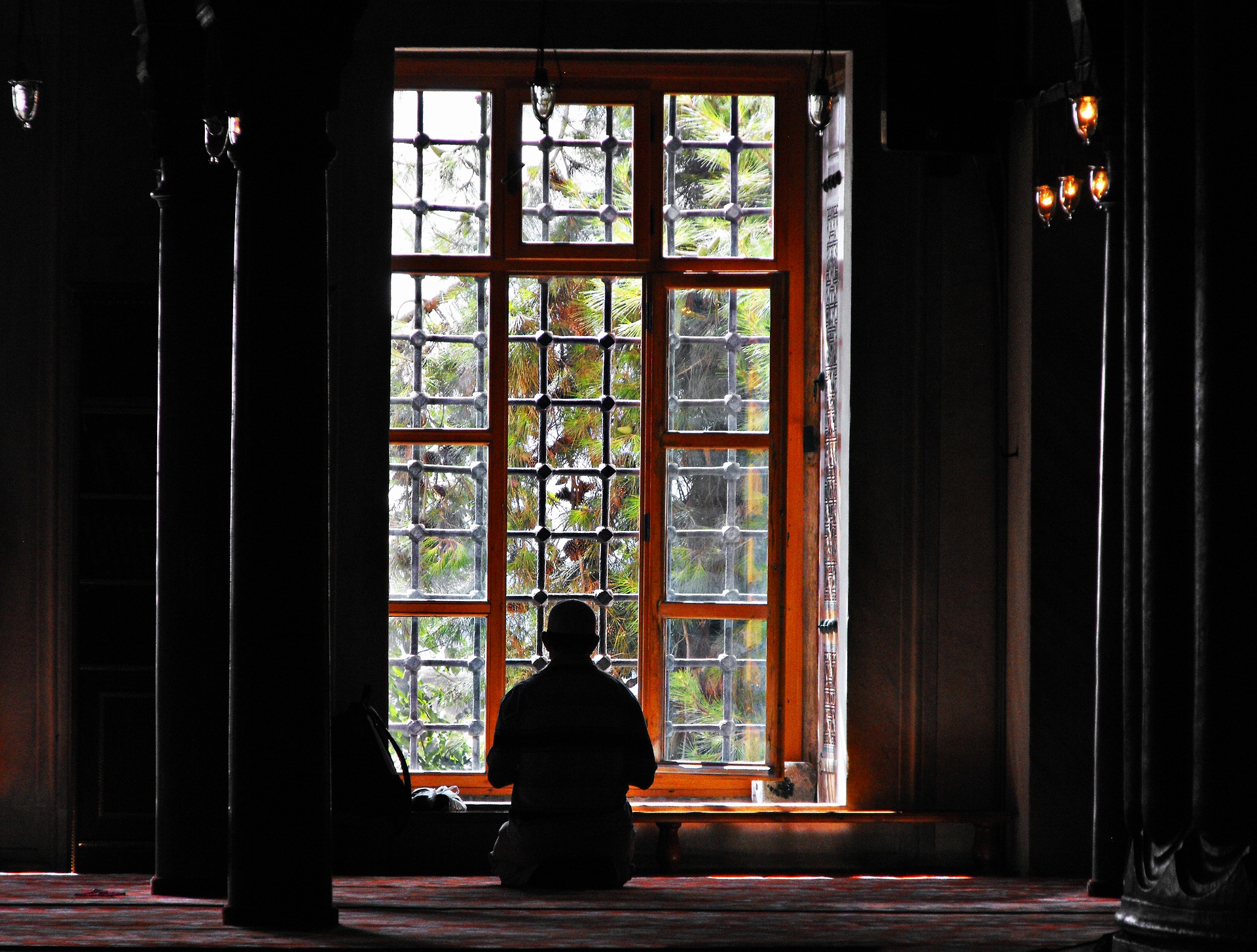
credit: Pixabay
And the good voluntary prayer to be performed during the last month of Ramadan is the Hajat prayer. The meaning of the Hajat prayer is a voluntary prayer performed by a Muslim when they have a specific need and want it to be granted by Allah. The Hajat prayer itself can be performed with 2 to 12 units of prayer and ending with salam after every 2 units.
The Hajat prayer is similar to the repentance prayer, it can be performed at any time but not during the prohibited times. There are several benefits of the Hajat prayer, according to HR Tirmidzi and Ibnu Majah who explained that, "Whoever has a need (Hajat) to Allah SWT or to one of the human beings from the children of Adam, then perform ablution in the best manner. Then perform two units of prayer (Hajat prayer), then praise Allah, send blessings to the Prophet. After that, say Laa illah illallohul haliimul kariimu, subhaana".
There is also an explanation from HR.Ahmad that, "Whoever performs ablution and completes their ablution, then performs two units of prayer (Hajat prayer) and completes the units, then Allah will grant what they ask for, sooner or later".
This proves that, if you want something good to be granted and approved by Allah SWT, then you can perform the voluntary Hajat prayer with a sincere heart for the sake of Allah Ta'ala.
Those are the 7 good voluntary prayers to be performed during the month of Ramadan. All prayers bring goodness to those who perform them and bring blessings. All of the above remains with the intention for the sake of Allah ta'ala and is carried out with a pure and sincere heart.
May the voluntary prayers that you perform bring benefits and provide a lot of insights to all of you who want to observe fasting by engaging in voluntary activities for the sake of Allah SWT.
(kpl/dhm)
Disclaimer: This translation from Bahasa Indonesia to English has been generated by Artificial Intelligence.
